Alfonso Casani – FUNCI
The expansion of the Covid-19 virus last March, and the subsequent declaration of a worldwide pandemic crisis by the World Health Organization (WHO), has caught up the attention of the media most of 2020, and it will continue to do so in 2021. As media attention shifted, many issues have been overshadowed by the media and political agenda. This is the case of the refugee population, who haven’t made the headlines for a year now.
In spite of this, their situation has worsened considerably due to the pandemic crisis. The population at risk has felt the consequences of this health crisis the most, in a context where they have not always had access to infrastructures or the basic resources recommended by the WHO. This article highlights some of the difficulties faced by the refugee population this last year, while raising awareness on the need of putting this population back on the spotlight.
The impact pandemic crisis on the refugee population
According to the United Nation’s Refugee Agency (UNHCR), there are almost 26 million refugees today, in addition to 41 million people internally displaced. If we focus on the north of Africa and the Middle East, more than 6.5 million people have been displaced due to the Syrian war, more than 290 thousand people due to the Libyan War, 5.5 million displaced people due to the war in Yemen, and more than 2 million people in Iraq.
An important part of this population is waiting to be resettled, in refugee camps or living temporarily in transit countries, in precarious situations that make them especially vulnerable to the current pandemic crisis.
Every country’s answer has been relatively similar, guided by the recommendations issued by the WHO experts: closing of borders, total or partial confinement, adopting preventive health measures and imposing social distancing, and the temporary suspension of all non-essential economic activity. These measures, although necessary, have had terrible consequences for the refugee population.
A particularly noteworthy issue has been the adoption of restrictive mobility measures, the closing of borders and the decrease of routes available for the migrant population. At the end of September, the UNCHR alerted that, between January and September, only 15.425 refugees had been resettled, less than a 25% of the refugees resettled the previous year, 2019. To this alarming news, we need to add the suspension of most of the resettlement programs, and the closing of the main legal migration routes, which leave available only the most dangerous routes.
The unhealthy conditions presented by refugee camps is a second source of risk of contagion. Since the crisis began, Médecins sans Frontières have alerted of the poor health conditions of many of these camps, who lack of enough sanitary facilities to ensure proper hygienic conditions, and who have an excess of population that difficult any sort of social distancing.
The paradigmatic example of Greece
Prior to that, Médecin sans Frontières had already reported that in the Moira Refugee Camp (in the island of Lesbos) every 1,300 people had access to just one water tap.
The dire situation lived in the Greek refugee camps is a good example of this vulnerability. Paradigmatic, the experienced lived in this country can be extended to all countries’ having refugee camps. Greece announced its first case of contagion at a refugee camp in April 2020. Prior to that, Médecin sans Frontières had already reported that in the Moira Refugee Camp (in the island of Lesbos) every 1,300 people had access to just one water tap. In this Camp, with a capacity of 3,000 people, lived more than 13,000 refugees. As a consequence of overpopulation, the Camp’s infrastructures rapidly deteriorated, with queues that lasted hours just to obtain food or necessary goods. The worsening situation resulted in a fire and the destruction of the camp by its own inhabitants. As stated by Human Rights Watch:
“To force people, some of whom is at risk and could fall ill and even die, to live in unhealthy overcrowded situations, squeezed in small spaces, is the perfect recipe for the spread of the virus, in addition to being demeaning and inhumane.”
After a week living in the streets, the Greek authorities initiated the construction of a new camp, that would reproduce the unhealthy conditions of the previous camp. This example shows the lack of innovative responses by governments, in addition to the psychological and emotional pressure suffered by the refugee population, worsened by the pandemic crisis and mostly ignored by the authorities.
To the lack of infrastructures, we need to add the pandemic crisis’ negative economic impact, of global consequences. The World Bank has already warned that more than 88 million people are living under extreme poverty in 2020, while the global GDP decreased to reach a deficit of 4,36%. The economic impact will increase unemployment and create greater tensions within each country’s welfare State, it will reduce the weight of remittances sent by the popular migration, and will continue to indebt the least developed countries. This context might lead to a decrease in helps to the refugee population, and a hardening of settlement measures.
Racism and intolerance
This economic pressure can be translated into a greater stigmatization of the foreign population and the adoption of racist and protectionist discourses, a trend already important in the West these last years. In spite of lacking any scientific foundation, migrant and refugee population have frequently been related to Covid-19 or identified generally as carrier of diseases. At the same time, a greater social vulnerability and the economic crisis are paving the way to populist and reactionary movements.
In this line, the last report published by Spanish Observatory on Racism and Xenophobia (OBERAXE) on online hate speech, for example, showed an increase in Islamophobia of 11,4%, up to a 19% of the cases registered (which sum up to 500 cases). In addition, the report identified that a 23,6% of online hate speech was aimed at the migrant population in general.
To sum up, and relying on the statement issued by Michelle Bachelet, UN High Commissioner for Human Rights:
“The Covid-19 crisis will also undoubtedly test our principles, values and shared humanity”.

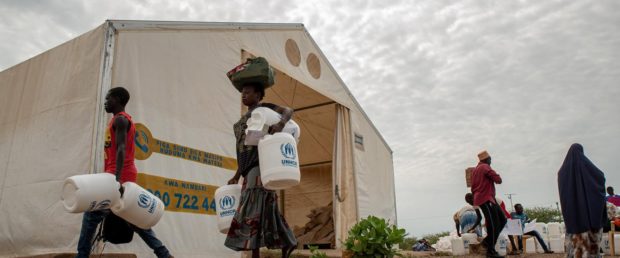
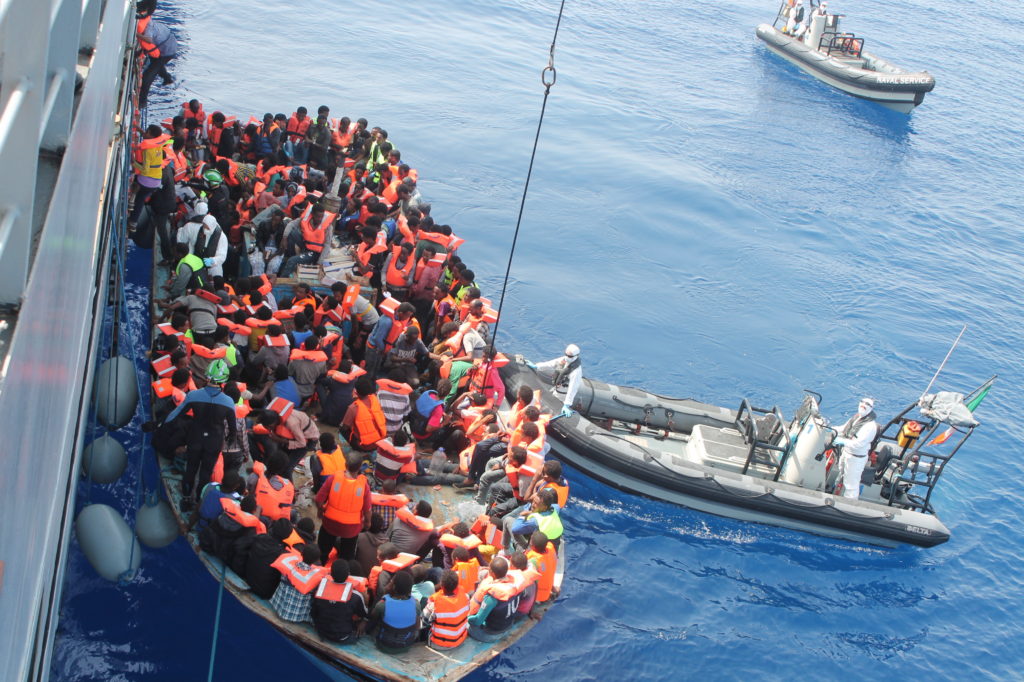
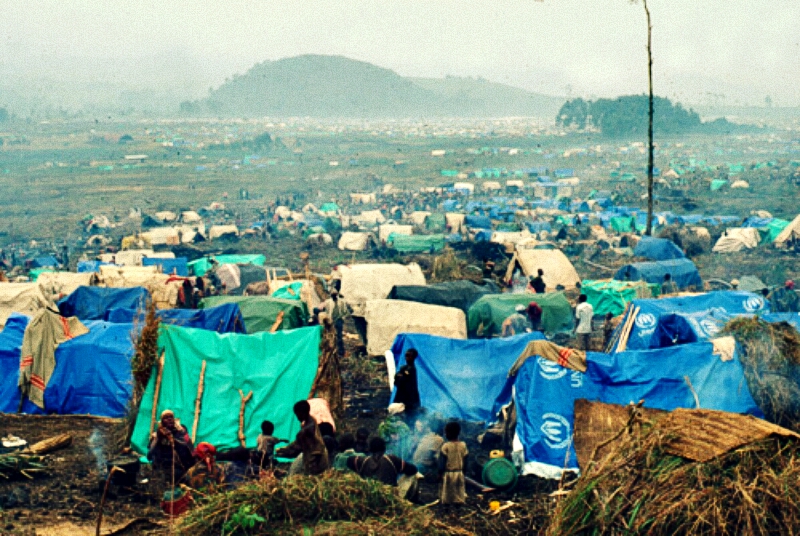

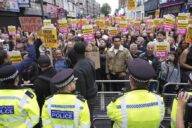

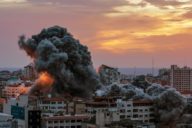









No Comments